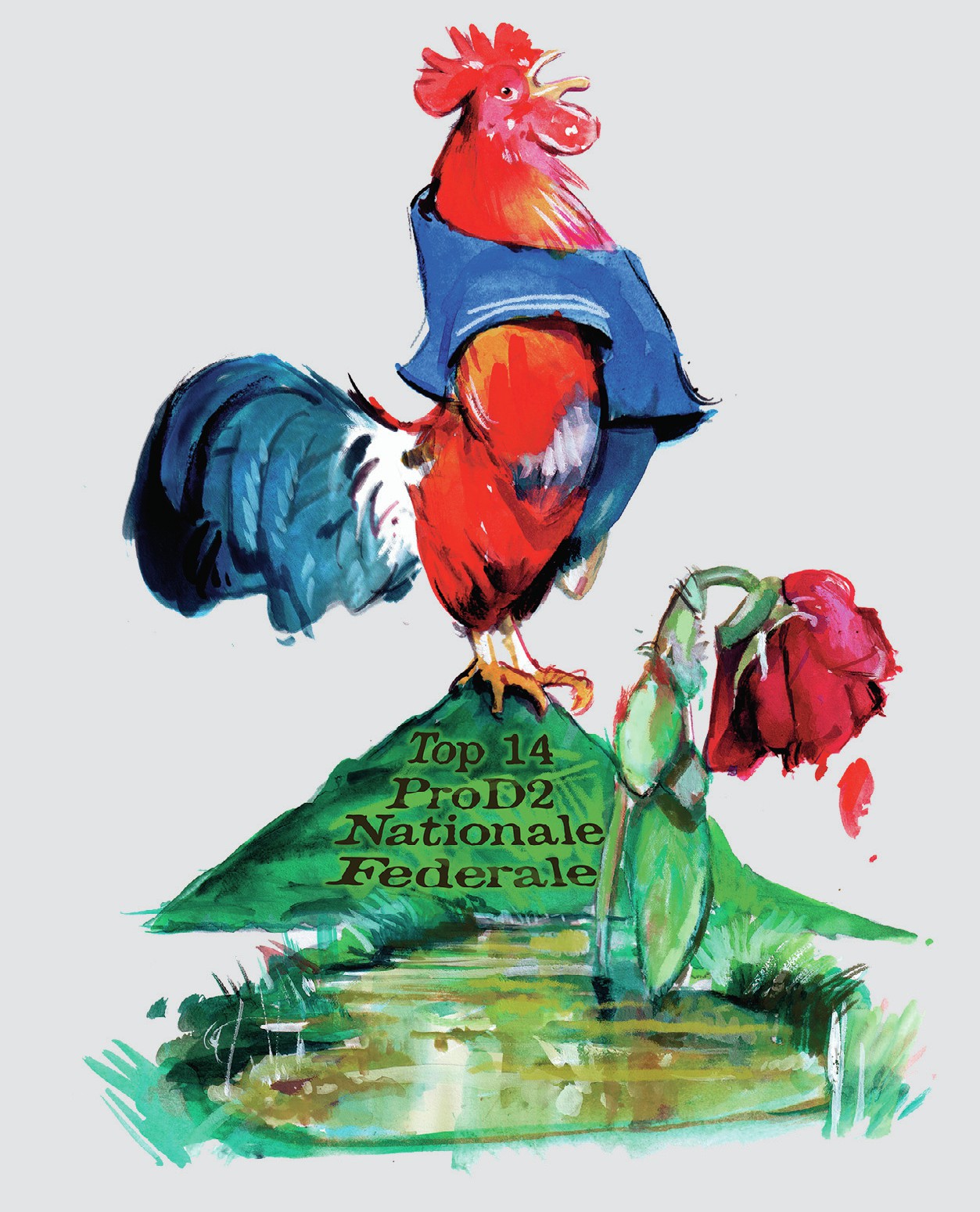Latest News
Bucketloads of tries not a winning formula
More in Latest News
-


Six Nations predictions: Odds for winners, Grand Slam and Triple Crown with France favourites
France enter the 2026 Six Nations as the bookies’ favourites to retain the crown...
-


Steve Borthwick names his England team for Six Nations opener against Wales
Henry Arundell will make his first England start since the 2023 World Cup after...
-


Fraser Dingwall: England are ready for take-off in the upcoming Six Nations
Fraser Dingwall declared the sky is the limit as England aim to hit the...
-


Nicky Smith insists Wales have nothing to fear going up against England this Six Nations
England may be looking to build on their record 11 try, 68-21 win over...




















